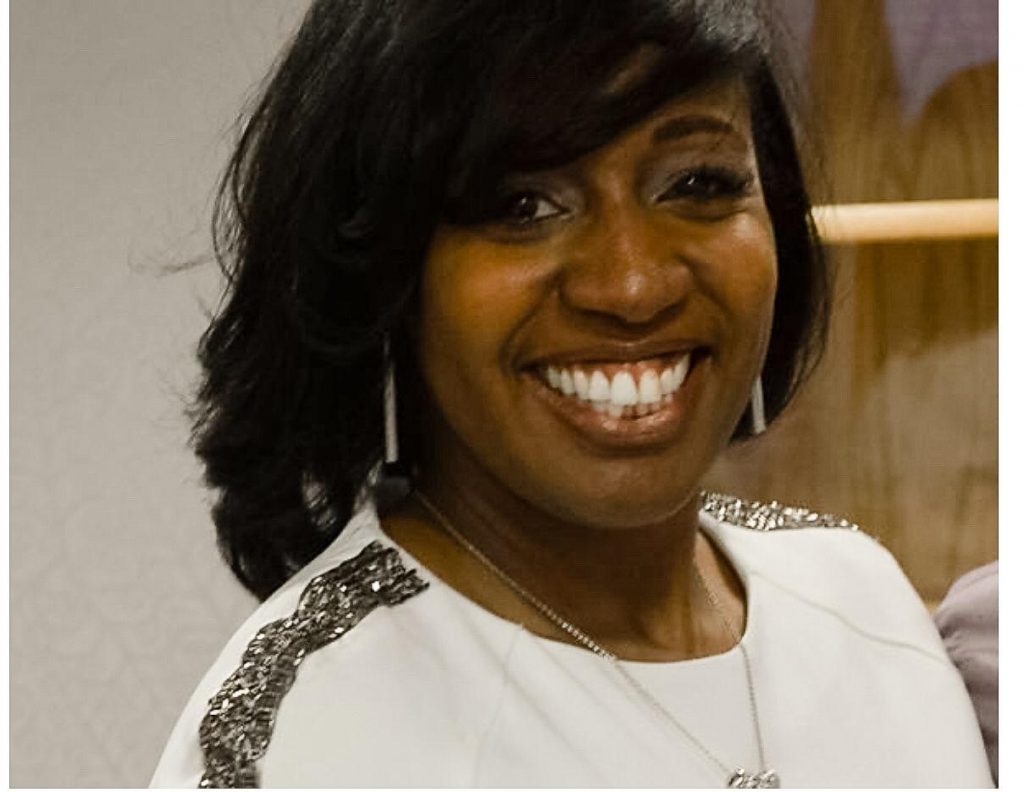Decentering Power in Clinical Supervision

This live Zoom webinar will discuss anti-oppressive supervision practices that address power dynamics in the supervisory room (O’Neil, et al., 2018; Rankine, 2017). Rooted in an anti-blackness framework, that considers the experiences of all BIPOC individuals, this discussion will explore restructuring hierarchies in supervisory practices, exploring white supremacy culture, and how it may manifest in supervision, investigating internalized oppression and its manifestation in internalized superiority or internalized inferiority and conclude with best practices for supervisors and supervisees in enacting their liberation.
Date: Thursday, July 28, 2022
Time: 11am-1pm EST
Cost: $30
Participants can earn 2 CEUs
* Zoom details will be emailed to registrants on the morning of the event. This event is Live and will not be recorded.
Traditional supervision is rooted in oppressive practices that assume the superiority of one over the other (O’Neil, del Mar Farina, 2018). In addition, because mental health professionals are predominantly white, clinicians of color in community practice or on internship are more likely to have white supervisors; adding societal-level power dynamics into the supervisory relationship, as well (Linn, Stamm, Christidis, 2018). These dynamics call for an explicit discussion of ways to dismantle power in the supervisory space.
Target Audience: Social workers in supervisory positions in a wide range of settings.
As a result of attending this seminar, participants will be able to:
- Define social location and discuss how it relates to supervision.
- Discuss at least 3 differences between traditional supervision and anti-racist supervision practices.
- Discuss at least 2 ways in which white supremacy culture manifests in clinical work.
Bibliography:
Lin, L., Stamm, K., & Christidis, P. (2018). Demographics of the US psychology workforce. Washington, DC: Author.
O’Neill, P., & del Mar Fariña, M. (2018). Constructing critical conversations in social work supervision: Creating change. Clinical Social Work Journal, 46(4), 298-309.
Rankine, M. (2017). Making the connections: A practice model for reflective supervision.
Please email cswcep@utk.edu with any questions, including those related to accessibility. There is space in the registration form to indicate accommodations required.
To request a refund, please email cswcep@utk.edu. Full refunds will be granted for requests made by 5:00 p.m. on Monday, July 25, 2022. In the event this program is cancelled, full refunds will be issued to all registrants.
For discount codes, please email cswcep@utk.edu. Limit one discount per purchase. UTCSW Field Instructor: 50% UTCSW Alumni: 25%

About the presenter:
Dr. Norissa Williams holds a doctorate in psychology, a masters in social work and is the CEO of Liberation Research and Practice Institute (RPI). Liberation RPI partners with organizations to achieve the aims of liberation through developing their capacity to be anti-racist, anti-oppressive, and develop cultural competence. She accomplishes this through the provision of trainings, needs assessment, strategic action planning, program implementation, facilitation and moderation. Dr. Williams has previously served as clinical faculty and program director of the Masters in Counseling program at NYU. In addition, she has had other county-level leadership positions with the aims of helping organizations operate more equitably. Her scholarship relates to culturally embedded processes of coping socialization, cross cultural differences in mental health help-seeking behaviors, critical consciousness development, decolonizing and liberating pedagogical and clinical practices, as well as anti-racist/anti-oppressive practices in organizational contexts.